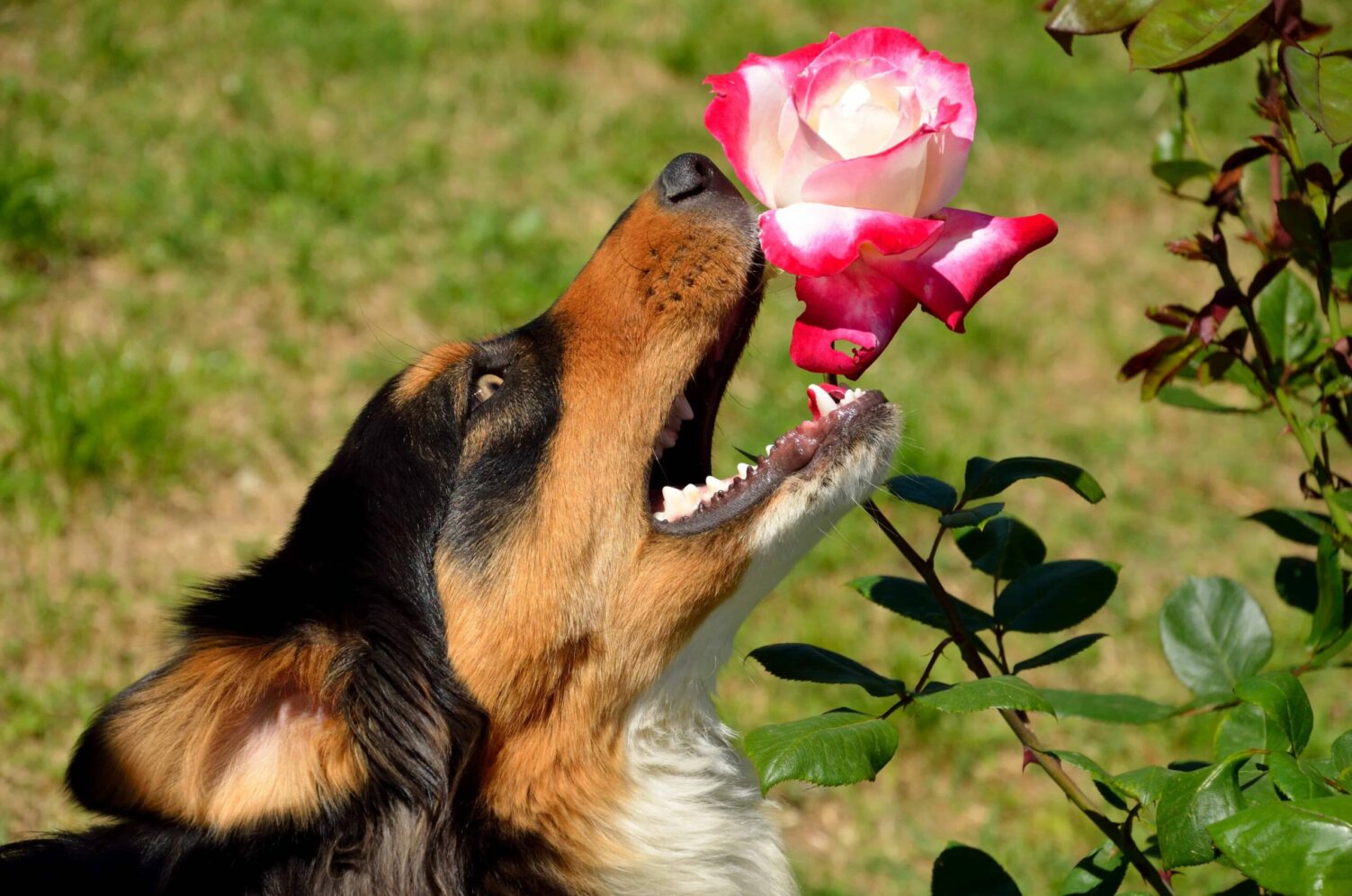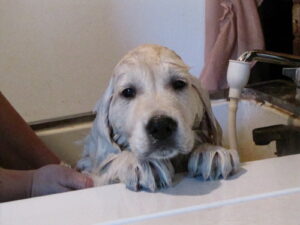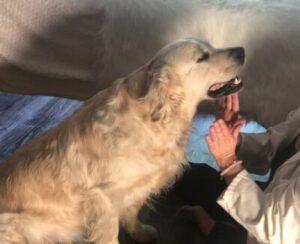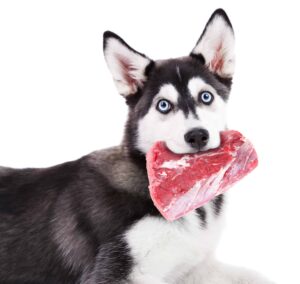My Dog Just Ate a Toxic Plant: What Should I Do?
If your dog has eaten a toxic plant such as lily, tulip, daffodil or azalea: Remove the plant; Get a sample of the plant or take a photo; Ensure he is breathing normally; Don’t induce vomiting or give home remedies; Call a vet/animal poison control centre immediately (numbers included).
8 Steps to Follow If You Think Your Dog May Have Ingested a Toxic Plant
- Remove him from the plant, including taking away the remaining plant from his mouth – only if it is safe to do so
- dogs who are distressed, restless, salivating or panting may become aggressive
- Take a sample of the plant with you (place in a ziplock bag), or
- take a photo of the plant, flower, tree or mushroom, or
- download an app that will identify the plant. We like these apps for hikers and gardeners
- If you notice that the area has recently been sprayed by pesticides or fertilizers, take a picture of the sign to identify the chemical(s)
- Record the time that your dog ate the plant (this can help vets to administer the proper treatments)
- Call your Family Vet or Emergency Vet Clinic immediately, or contact:
- Animal Poison Control Center 24-hour emergency poison hotline at 1-888-426-4435 (United States)
- 24-hour Pet Poison Helpline at 855-764-7661 (United States, Canada, Caribbean)
- Make sure your dog is breathing and acting normally.
- If not, bring him safely and quickly to your vet or emergency clinic (If you are alone, bring a friend or neighbour to drive or to help out)
- Do not give any home remedies such as food, water, milk, salt, hydrogen peroxide
- Do not induce vomiting (unless advised to by a vet or poison control personnel)
Tips for Avoiding Toxic Plants
- Don’t plant toxic plants in your yard – especially around curious puppies or dogs with pica or those that have powerful urges to eat unconventional, potentially unsafe objects
- if you’re not sure which plants are toxic, check the ASPCA guide to toxic and non-toxic plants for dogs
- Keep fresh flowers out of the way of dogs (or cats) – many are poisonous
- Ensure you have these phone numbers in your contact list and that you can access them when hiking or walking in unfamiliar areas:
- Your Conventional or Holistic Vet
- Your local Emergency Vet Clinic (for after-hours emergencies)
- Animal Poison Control Center 24-hour emergency poison hotline 1-888-426-4435 (United States)
- 24-hour Pet Poison Helpline at 855-764-7661 (United States, Canada, Caribbean)
- Avoid all grass, plants, fruits and vegetables that have been sprayed with pesticides and fertilizers. Even if the plant is safe to consume, the chemicals can be toxic.
- Don’t use chemicals and pesticides on your own lawn and garden. Go for a natural look or fence off your prized plants so that your dog can’t access anything touched by chemicals.
What Plants & Grasses are Poisonous to Dogs?
Most dogs are keenly aware of which plants and grasses are nutritious, and which ones are harmful. However, some dogs have an overwhelming urge to eat potentially harmful greens.
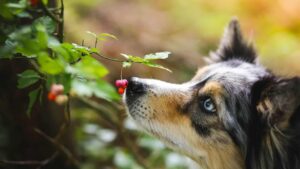
These are some of the most common plants that pet parents ask about that can be poisonous to dogs:
- Lilies
- Tulips
- Daffodils
- Hyacinth
- Hydrangea
- Mistletoe
- Aloe vera
- Bird of paradise
- Oak trees
- Boxwood
- Yew bushes
- Rose of Sharon
- Begonia
- English and Boston ivy
- Wisteria
- Morning glory
- Chrysanthemums
- Hosta
- Cannabis (with THC)
Click here for a comprehensive, printable list of toxic and non-toxic plants, from the ASPCA. It includes photos to help you identify toxic and non-toxic plants.
What Are the Signs of Poisoning in My Dog?
When in doubt, always contact your vet, Emergency Vet Clinic or Animal Poison Control Center.
Common Signs of Poisoning in Dogs include:
Gastrointestinal
- vomiting
- nausea
- diarrhea
- drooling or hyper-salivation
- poor appetite
Internal Bleeding
- coughing or vomiting blood
- pale gums
- weakness or fainting/collapse
- racing heart
Liver or Kidney Failure
- black tarry stool
- change in smell of breath
- weakness or collapse
- jaundice
- excessive thirst
- excessive or absence of urinating
If in doubt, contact your Family Vet, Emergency Vet Clinic or Animal Poison Control Center immediately. They are just a call away to saving your dog’s life.
Be kind to all living beings. Respect the earth we share.

